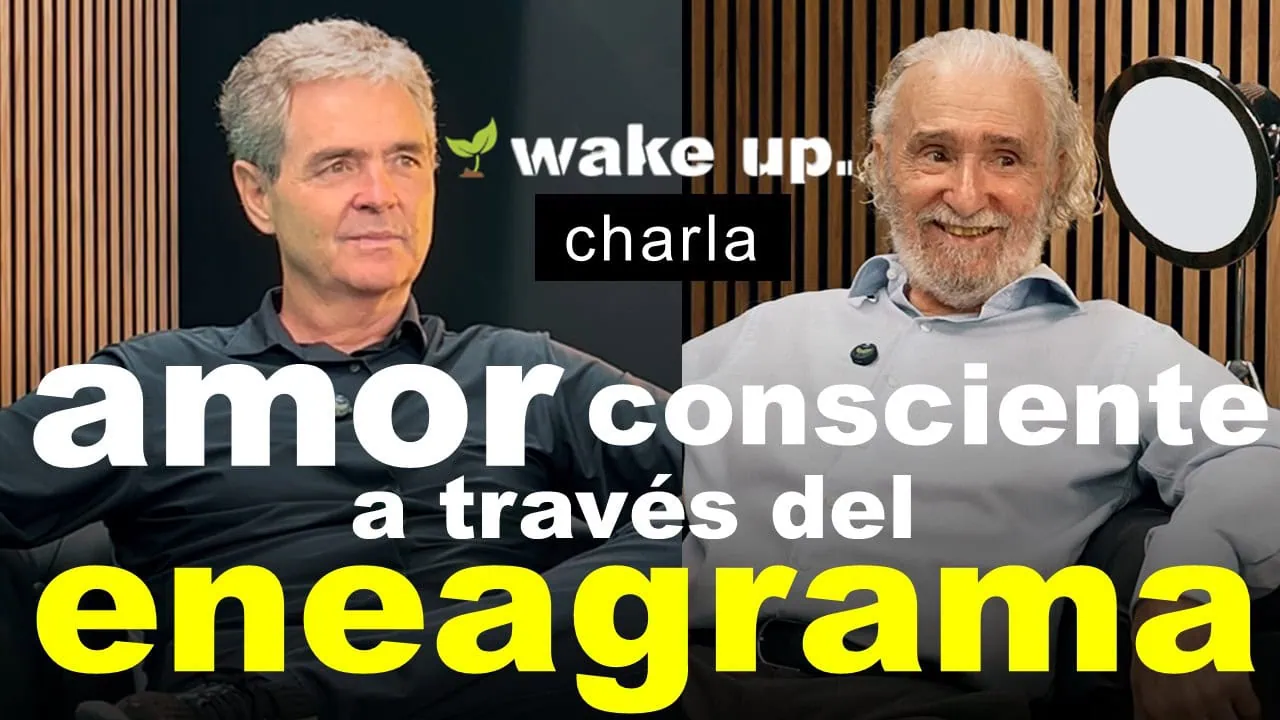Overcome Anxiety

Anxiety is a universal human emotion that we all experience at some point in our lives. It manifests itself in a variety of ways, such as deep fears, stress and worry. However, when it becomes chronic, anxiety can be paralyzing and affect our physical and emotional health, as well as our personal and professional relationships. Paz Calap, a leading life coach and expert in Neuro Linguistic Programming (NLP) and Mindfulness, along with Alejandro Guerra, founder of Wake Up Platform, shared in a recent Instagram Live their experiences with anxiety and offered practical tips for overcoming it.
Understanding Anxiety
Before attempting to free yourself from anxiety, it is crucial to understand what it is and how it manifests itself. Calap describes it as the body’s response to situations perceived as threatening, which often keeps our minds in a constant state of alertness. Anxiety is not only mental, but also has physical consequences, such as increased heart rate, muscle tension and insomnia.
Strategies to Overcome Anxiety
Paz and Alejandro suggested several strategies, based on their experiences and knowledge in NLP and Mindfulness, to manage and overcome anxiety:
- Mindfulness practices: Incorporating mindfulness practices into the daily routine can be very beneficial. Meditation, mindfulness and mindful breathing offer a pause to the mind and body, allowing them to live in the present instead of worrying about the future or the past. Meditation helps the body to relax, making it easier to manage day-to-day life and deal with anxiety.
- Physical Exercise: Maintaining regular physical activity is vital for balanced mental and emotional health. Exercise releases endorphins, which act as natural painkillers in the brain, and improves sleep quality, reducing the risk of stress, anxiety and depression.
- Neuro Linguistic Programming (NLP): NLP offers techniques to change negative thought patterns that contribute to anxiety. Recognizing and restructuring these thoughts can reduce the anxious response.
- Social Relationships: Maintaining healthy social relationships and seeking support from friends, family or support groups can be very encouraging. Sharing experiences and listening to others’ experiences can decrease feelings of isolation and increase understanding.
- Self-care: Spending time on activities that you enjoy and relax you is crucial. Self-care, whether through reading, a hot bath or a hobby, is a vital part of anxiety management.
Conclusions
The conversation between Paz Calap and Alejandro Guerra highlights the importance of addressing anxiety proactively and mindfully. Applying strategies such as mindfulness, physical exercise, NLP, social connection and self-care can make a big difference in how we experience and manage anxiety. It is vital to remember that seeking professional help with a therapist or counselor is also a viable and often necessary option for those facing severe anxiety.
Overcoming anxiety is a personal and unique journey for everyone, but with the right tools and support, it is possible to find relief and regain control over our mental health and well-being.
You can access the school here
Wake up
Wake up!








